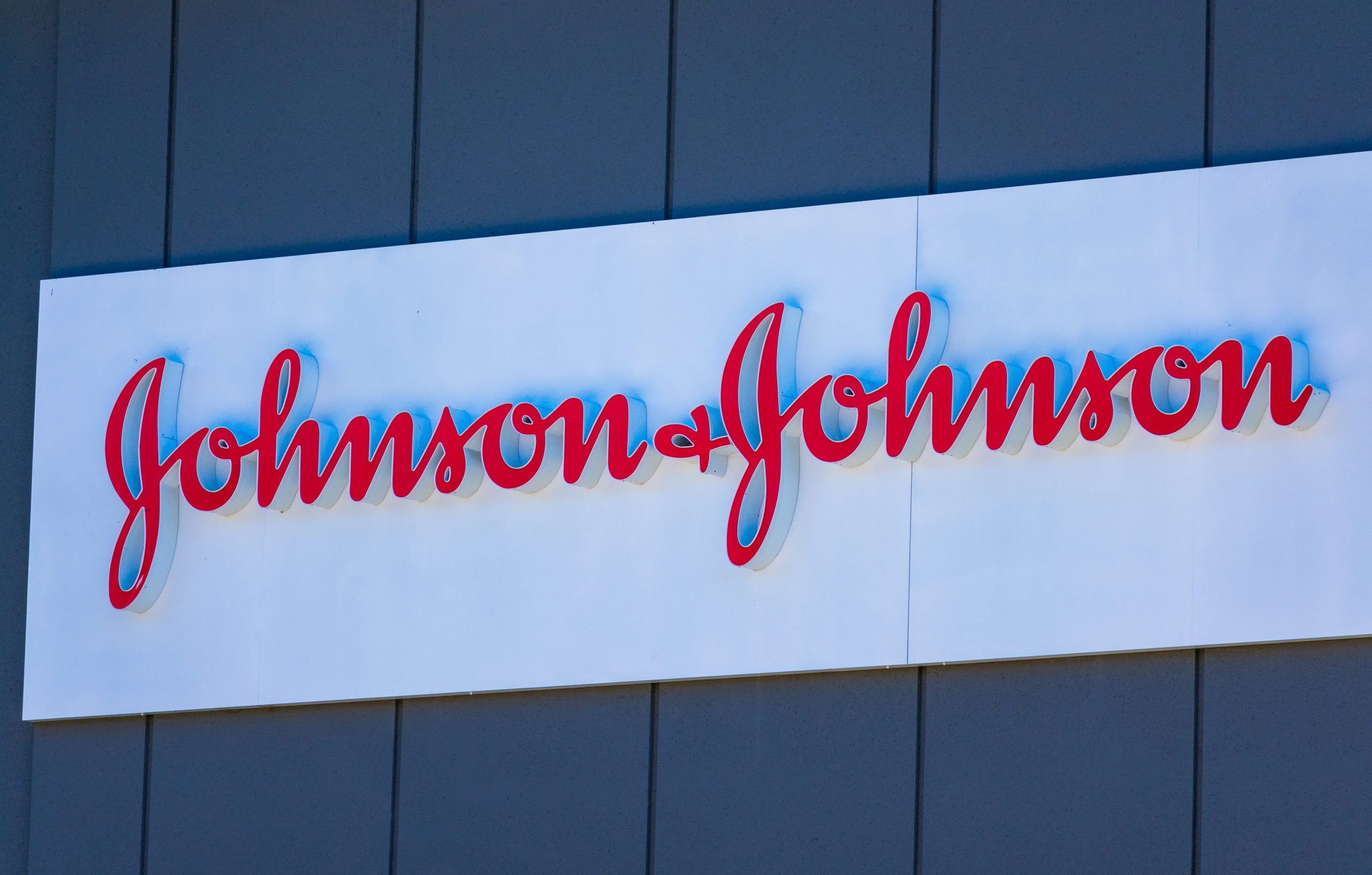Utilizing cellular therapies to fight cancer is an area of research and drug development that has been quickly advancing.
There is a spectrum of cellular therapy modalities being currently explored, such as chimeric antigen receptor (CAR)-T cells, engineered T-cell receptor (TCR), tumor-infiltrating lymphocytes (TILs), natural killer (NK) cells, cytotoxic T lymphocytes (CTLs) and others. Among these, Novartis’ CAR T-cell therapy Kymriah (tisagenlecleucel) was the first to be approved by the US Food and Drug Administration (FDA) in August 2017 for patients up to 25 years of age with refractory B-cell acute lymphoblastic leukemia. Since then, Kymriah was approved for additional indications and the latest approval was in May 2022 for adults with relapsed/refractory follicular lymphoma.
Xtalks learned more about efforts to streamline the progress of getting new cell therapies to patients in an interview with Dr. Jason Bock from the University of Texas MD Anderson Cancer Center. Read on to learn more.
Dr. Jason Bock is a biopharma industry veteran who helped build the Biologics Development team that was formerly part of the Therapeutics Discovery division at MD Anderson. Dr. Bock is currently the CEO of the Cell Therapy Manufacturing Center (CTMC) at the Texas Medical Center in Houston.
Can you tell us about your work with the Biologics Development team at MD Anderson?
Dr. Bock: The Biologics Development platform, as part of Therapeutics Discovery division at MD Anderson, was conceived in April 2019 through the recruitment of two BioPharma industry veterans, Jason Bock and Houman Mesghali, with the aim of developing cell therapies and advancing early-stage technologies to clinical proof of concept with a commercial mindset.
In April 2020, with the support of MD Anderson leadership, the Biologics Development platform acquired the Bellicum Pharmaceuticals cell therapy development and manufacturing facility in the heart of the Texas Medical Center.
In May 2022, the 75-person Biologics Development team spun out of MD Anderson to form a standalone LLC 50 percent owned by MD Anderson and 50 percent owned by Resilience, a technology-focused biomanufacturing company dedicated to broadening access to complex medicines.
The aim of the joint venture, the Cell Therapy Manufacturing Facility (CTMC), is to bring together the immunotherapy expertise and clinical trial infrastructure of MD Anderson, with industrial drug development and manufacturing, to enable the acceleration of preclinical cell therapies through to clinical proof of concept. We partner with both MD Anderson faculty and early-stage biotech companies.
What challenges are hindering the progress of getting cell therapies to patients?
Dr. Bock: Autologous cell therapy clinical development requires tight coordination between a complex manufacturing supply chain and advanced oncology patient treatment. The infrastructure required for this is challenging for most preclinical biotechs as they make the transition to clinical development; however, this is inherently engineered into CTMC. We aim to address these structural challenges by closely coordinating cell therapy manufacturing with our clinical partners at MD Anderson. The physical proximity and close relationship between CTMC manufacturing and the MD Anderson clinic enables the seamless coordination required for efficient cell therapy manufacturing and administration to patients.
Does CTMC have a focus to advance cell therapies for certain cancer types?
Dr. Bock: Our focus is on the potential impact to patients; thus, we are agnostic with respect to specific cancer type. We collaborate with MD Anderson clinicians to efficiently develop products that would have the greatest potential impact on patients. We are currently developing multiple therapies for both hematologic and solid tumors.
What are the short-term goals of the CTMC?
Dr. Bock: We are focused on bringing as many impactful cell therapies through IND [Investigational New Drug], enabling studies and FDA interactions to execute data-rich clinical studies. There is no other organization better positioned to be able to quickly and robustly evaluate a cell therapy’s potential in patients. In our first year of operating at CTMC we plan to bring at least four impactful cell therapies through IND to patients.

Photo of Dr. Jason Bock courtesy of the Cell Therapy Manufacturing Center (CTMC).








Join or login to leave a comment
JOIN LOGIN